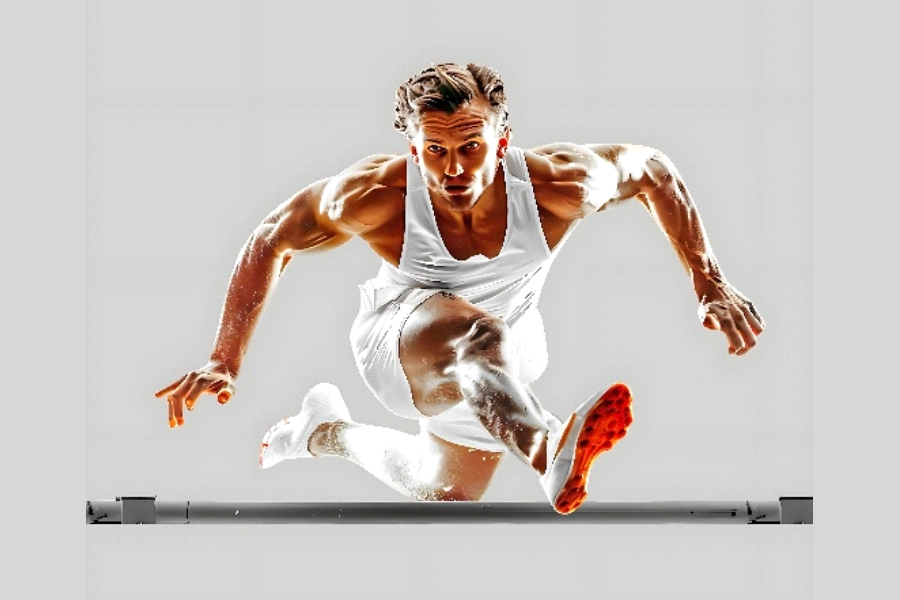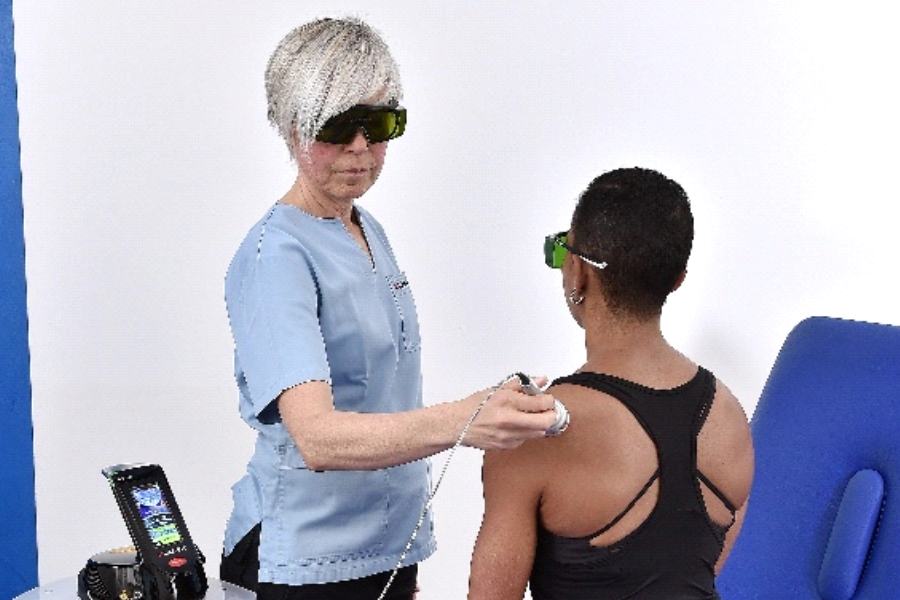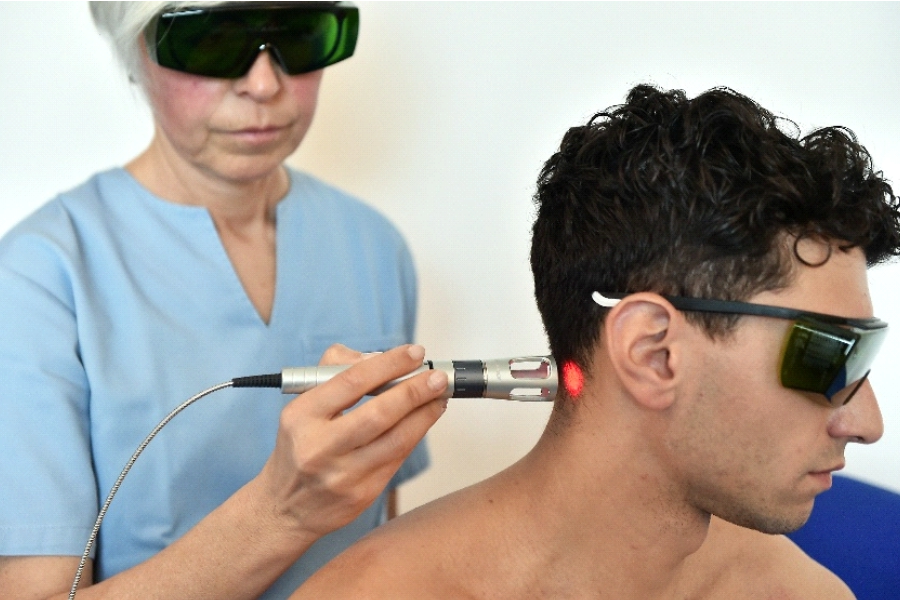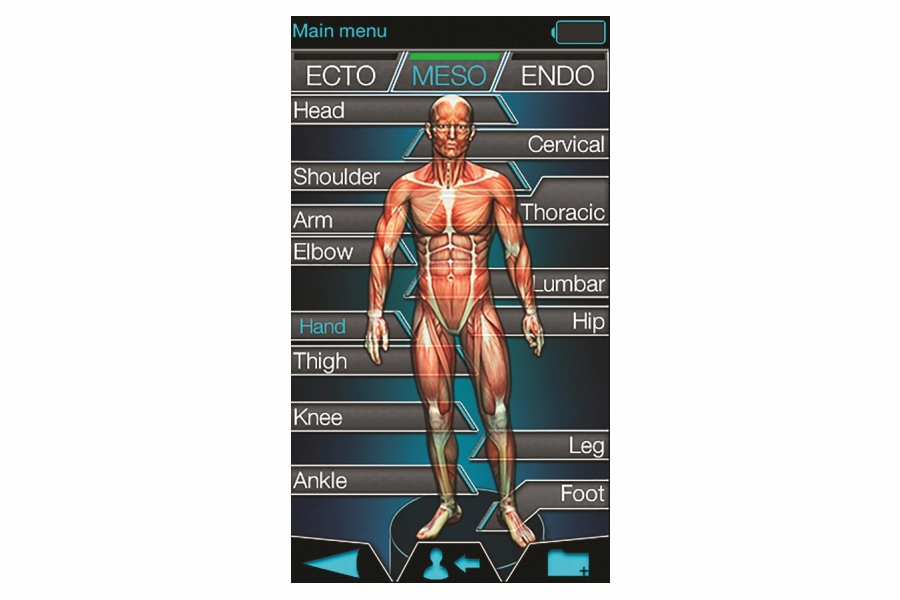Laser Therapy Backed by Science: The Evidence for Sports Injury Recovery
Evidence-Based Support
A growing body of scientific research supports laser therapy’s effectiveness in treating sports injuries:
- Leal Junior et al. (2010): Found that PBMT reduced muscle fatigue and improved performance recovery in athletes.
- Bjordal et al. (2006): Meta-analysis revealed that laser therapy significantly reduced pain in tendinopathies.
- Morimoto Y et al. (2013): Laser is an effective treatment method for sports-related injuries, especially Achilles tendinitis, tennis elbow, and jumper's knee.
- Haslerud S et al. (2015): This review indicates that when applied at optimal parameters, low-level laser therapy (LLLT) can provide meaningful pain relief and promote faster recovery, whether used independently or alongside physiotherapy treatments.
These and many more studies highlight laser therapy’s place as a first-line modality in sports rehabilitation.
Final Thoughts
Laser therapy has transformed from a complementary modality to a cornerstone in modern sports injury rehabilitation. With the right equipment—like the K-Laser Cube 3 and Cube 4, clinicians can offer faster, more effective recovery pathways to athletes.
Whether you're treating acute injuries, managing chronic pain, or enhancing athletic performance, laser therapy provides a clinically validated, patient-friendly, and technologically advanced solution.
Want to Learn More?
References
1. Leal Junior, E.C.P. et al. (2010). Effect of low-level laser therapy on muscle fatigue: what happens after 24 hours?. Lasers in Medical Science, 25(1), 35–41.
2. Bjordal, J.M. et al. (2006). Low-level laser therapy for tendinopathy: evidence of a dose–response pattern. Physical Therapy Reviews, 11(2), 91–99.
3. Chow, R.T., Johnson, M.I., Lopes-Martins, R.A.B., Bjordal, J.M. (2009). Efficacy of low-level laser therapy in the management of neck pain: a systematic review and meta-analysis of randomized placebo or active-treatment controlled trials. The Lancet, 374(9705), 1897–1908.
4. Tumilty, S. et al. (2010). Low level laser treatment of tendinopathy: a systematic review with meta-analysis. Photomedicine and Laser Surgery, 28(1), 3–16.
5. Morimoto Y, Saito A, Tokuhashi Y. Low level laser therapy for sports injuries. Laser Ther. 2013;22(1):17-20. doi: 10.5978/islsm.13-or-01. PMID: 24155545; PMCID: PMC3799051.
6. Haslerud S, Magnussen LH, Joensen J, Lopes-Martins RA, Bjordal JM. The efficacy of low-level laser therapy for shoulder tendinopathy: a systematic review and meta-analysis of randomized controlled trials. Physiother Res Int. 2015 Jun;20(2):108-25. doi: 10.1002/pri.1606. Epub 2014 Dec 2. PMID: 25450903.





